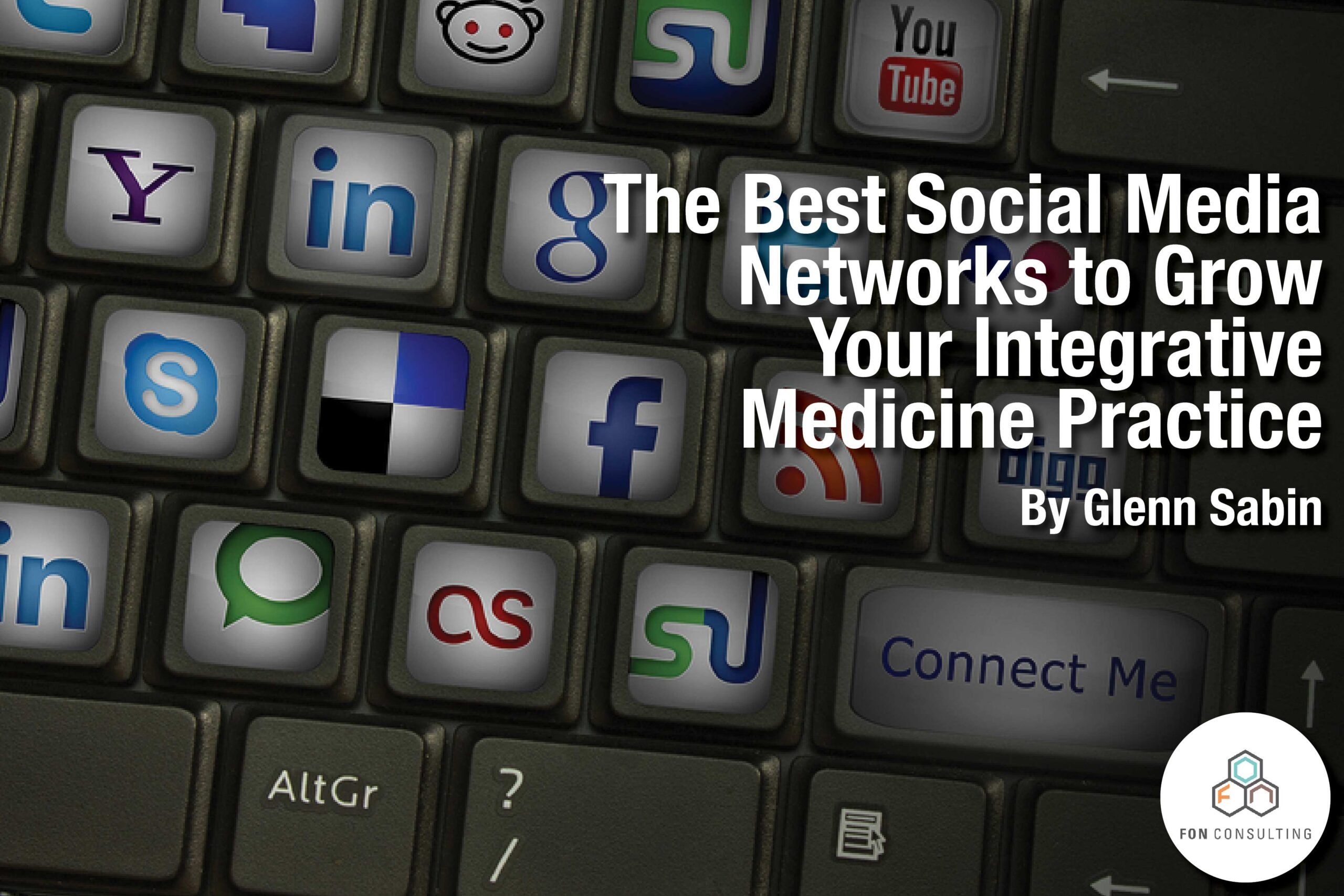
Do Online Coupons for Integrative Medicine Services Violate Stark and Fee-Splitting Laws?
By Michael H. Cohen, JD Many integrative practitioners and online enterprises want to know whether Stark, anti-kickback, and fee-splitting laws are violated by business arrangements that offer online coupons or web-based coupons to customers. Let’s break this question down a bit for analysis. First, Stark self-referral law is on the federal level. We are only interested in federal law if Medicare Medicaid (Medi-Cal in California) or another federally funded health care









